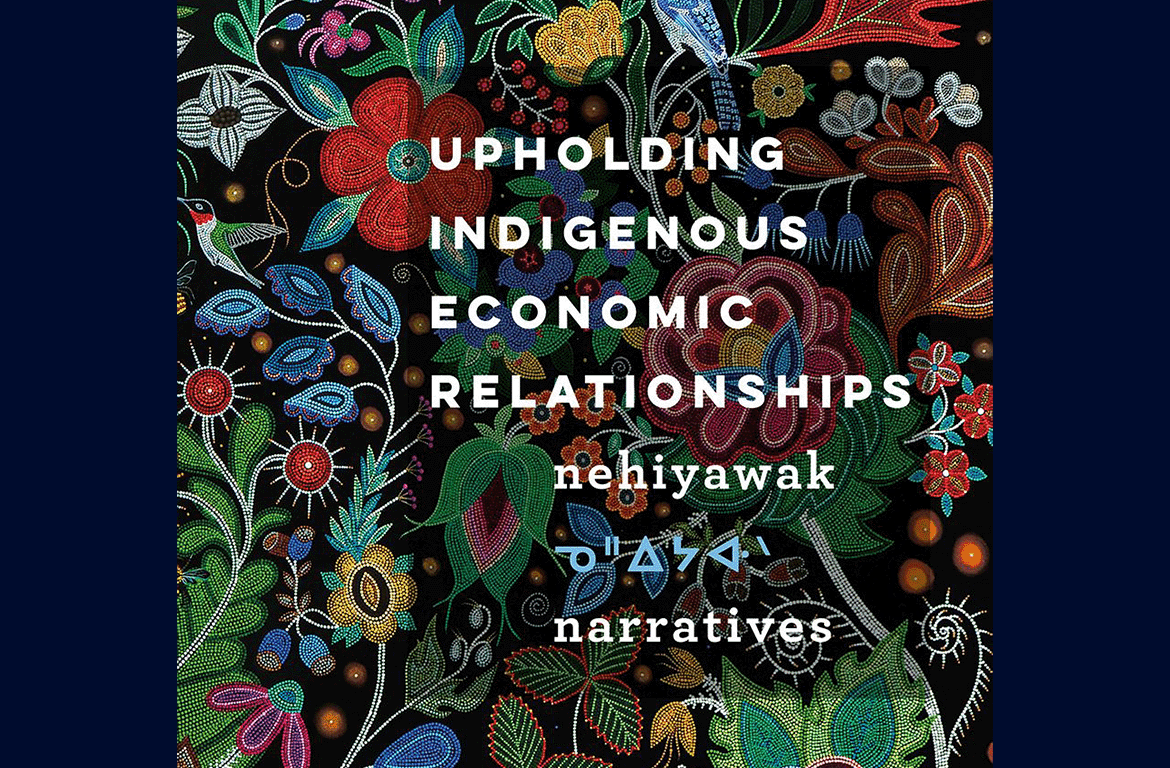Book review: Shalene Wuttunee Jobin, Upholding Indigenous Economic Relationships: nehiyawak ᓀᐦᐃᔭᐊᐧᐠ narratives
Author: Sarah Kaplan
The topics of recent conferences and articles on responsible management, corporate purpose, and stakeholder theory suggest that many management scholars are searching for solutions to an economic system that has produced crises of global warming, inequality, pollution, and other issues. Yet, we tend to look at our navels when we do so: thinking from within the current system rather than exploring whole different ways of knowing. That’s why concepts such as shared value and environmental, social, and governance metrics dominate the conversation: by arguing that you can do well by doing good, we act as if we can solve these problems without disrupting existing power and economic arrangements. We often fail to appreciate that the economic system reflecting these arrangements is inherently a colonial one that was originally designed to exploit people and exploit the land, and if we are going to find solutions, they will have to come from radically different understandings of what the economy is and what well-being could be.
This is precisely what Shalene Wuttunee Jobin does for us in her excellent new book. Along with recent contributions from other Indigenous writers such as Hilton’s Indigenomics (2021) and Yunkaporta’s Sand Talk(2019), Jobin unpacks how the current system is designed for exploitation, and she offers an alternative economic model based in Cree worldviews.




